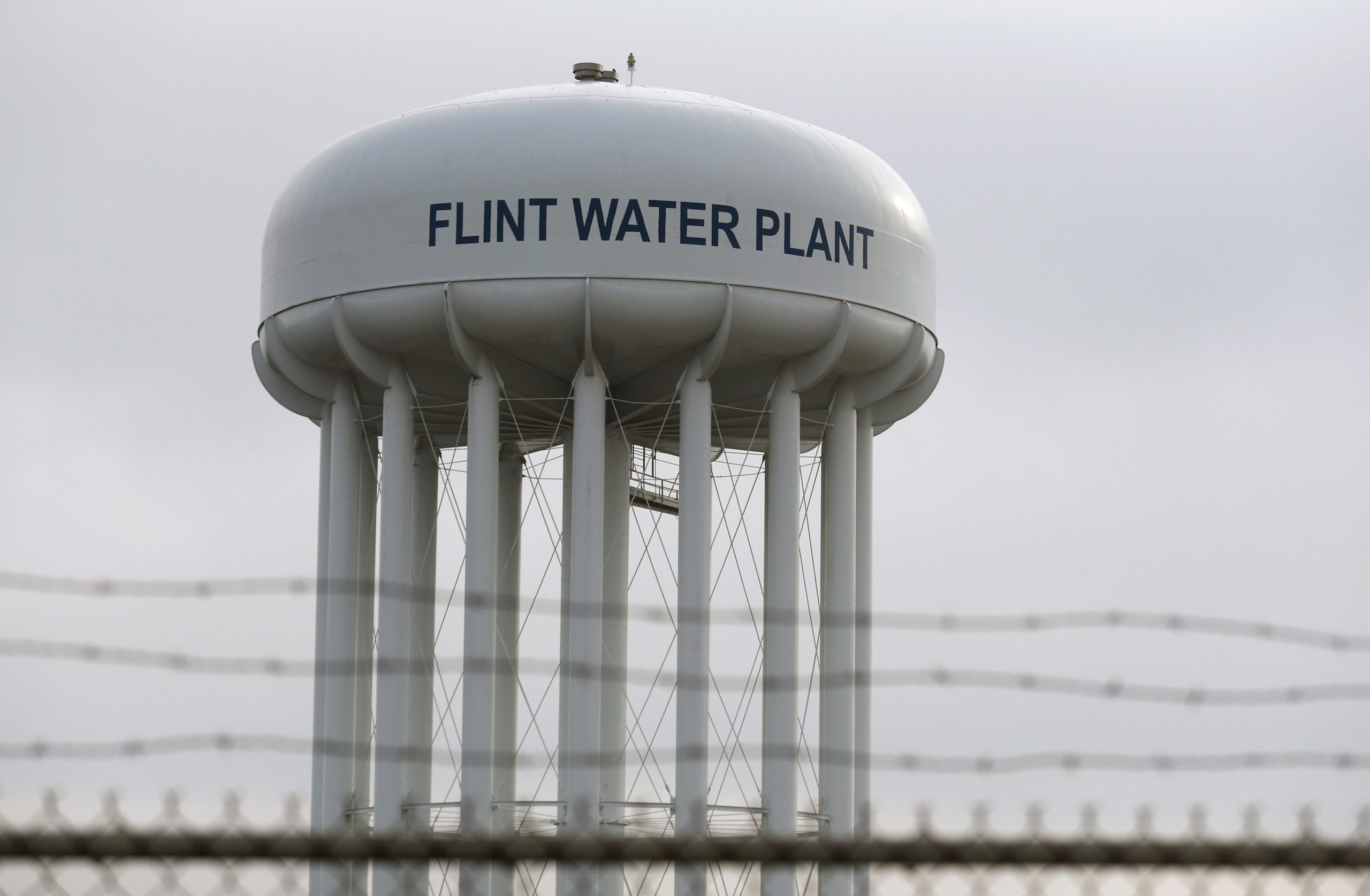The U.S. state of Michigan said on Thursday that it had reached a preliminary settlement to pay $600 million to victims of the Flint water crisis, potentially closing a chapter on one of the country’s worst public health crises in recent memory.
If approved, the deal would provide the bulk of the funds to children impacted by poisoning of the water in the city of Flint and would rank as the largest settlement in the state’s history, attorney general Dana Nessel said in a statement.
The settlement is the culmination of 18 months of talks over how to compensate residents who were sickened by tap water after state officials switched the city’s water supply six years ago, sparking a crisis that garnered national attention.
Michigan Governor Gretchen Whitmer, who inherited the crisis upon taking office in 2019, acknowledged that the agreement would not solve all of the city’s problems and vowed to keep allocating resources to ensure Flint’s water was safe.
“What happened in Flint should never have happened,” Whitmer said in recorded remarks. “The uncertainty and troubles that the people of Flint have endured is unconscionable. It is time for the state to do what it can.”
The settlement is subject to approval by a federal judge in Michigan.
In January, the Supreme Court let Flint residents pursue a civil rights lawsuit that accused the city and government officials of knowingly allowing the water supply to become contaminated with lead.
Flint switched its public water source from Lake Huron to the Flint River to cut costs during a financial crisis. But the corrosive river water caused lead to leach from pipes, and the city switched back to Lake Huron water the following year.
More than 25,000 people were harmed through exposure to contaminants in Flint, including more than 5,000 children younger than 12, court records showed as of January.
The settlement stipulates that 79.5% of the funds will be allocated to children exposed to the water, the majority who were under 6 at the time of the crisis. Some 18% will go to adults and to settle property damage.
LeeAnne Walters, a 42-year-old resident of Flint, said she was happy the agreement is focused on children. She said her twin boys, now 9, have been seeing a speech therapist after a pediatrician diagnosed them with an impediment caused by lead in the water.
“Even today, we still suffer with the rashes that started in 2014, all of us,” she told Reuters. “Whatever was in that water then is still affecting us now.”
If the settlement gains approval, it will resolve more than a hundred state and federal cases, Nessel said.
However, Nessel said that lawsuits filed by her predecessor against a subsidiary of French water company Veolia and Houston-based engineering services firm Lockwood, Andrews & Newnam (LAN) would continue unless they joined the settlement in 45 days.
A spokeswoman for Veolia North America said she did not immediately have a comment. LAN did not immediately return a request for comment.
(Reporting by Kanishka Singh in Bengaluru, Sebastien Malo in Montreal and Nathan Layne in Wilton, Connecticut; Editing by Clarence Fernandez, Rosalba O’Brien and Bernadette Baum)

























 Continue with Google
Continue with Google